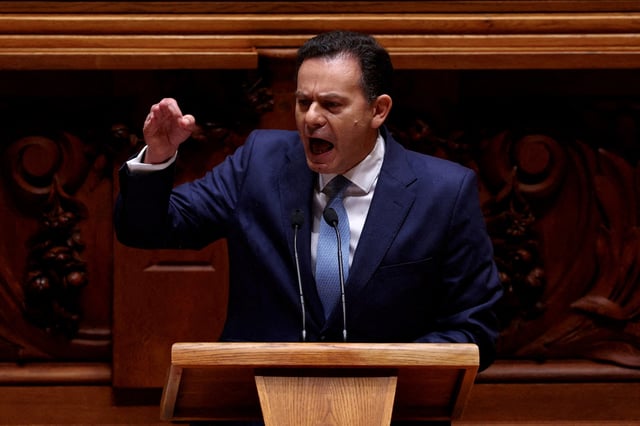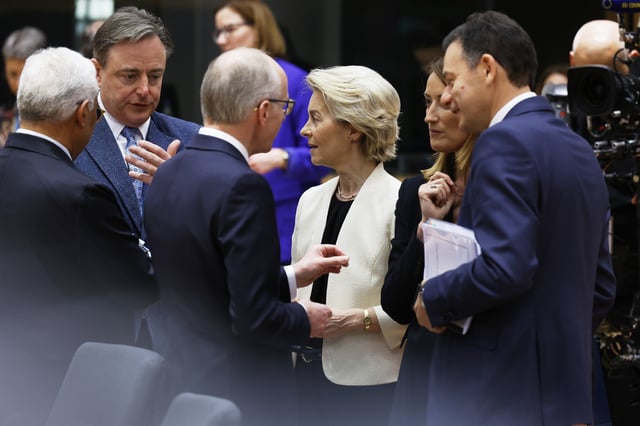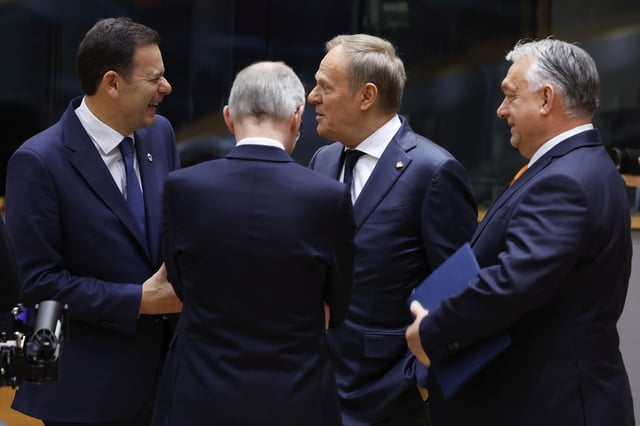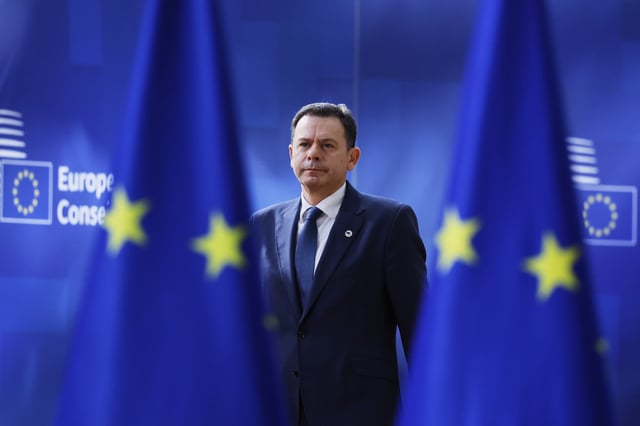Overview
- Portugal's parliament is set to vote on a confidence motion Tuesday, with opposition parties expected to reject the minority government of Prime Minister Luis Montenegro.
- The controversy centers on Montenegro's family consultancy firm, which had contracts with private companies, including a casino group with government concessions, raising conflict of interest concerns.
- Montenegro denies any wrongdoing, stating he transferred control of the firm to his wife and children in 2022, but opposition parties demand further clarification on the firm's dealings.
- If the government loses the vote, President Marcelo Rebelo de Sousa is expected to dissolve parliament and call for early elections, potentially in May, marking the third national election in three years.
- The political uncertainty risks delaying major projects, including EU-funded investments and the privatization of TAP airline, despite Portugal's recent economic growth outpacing the EU average.



